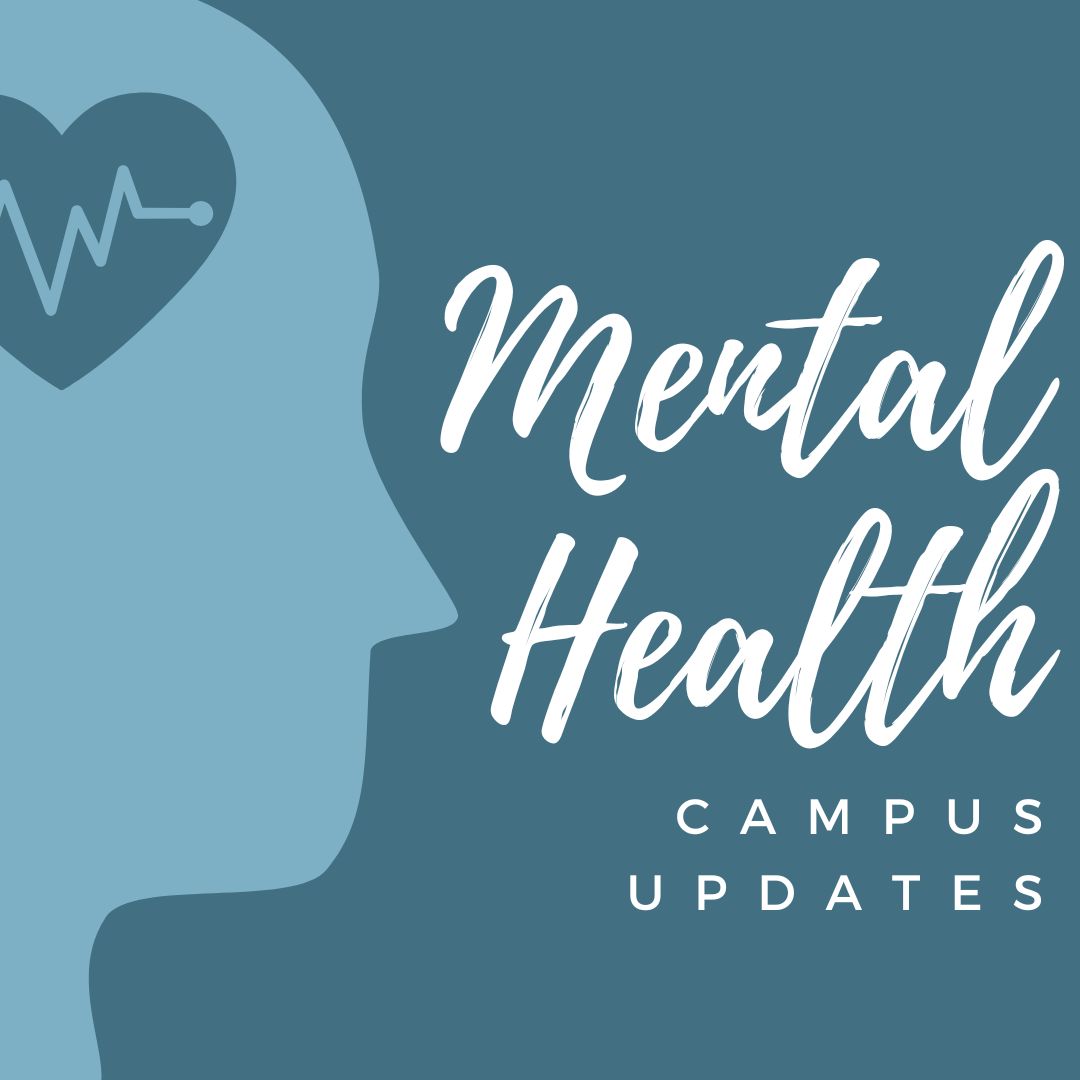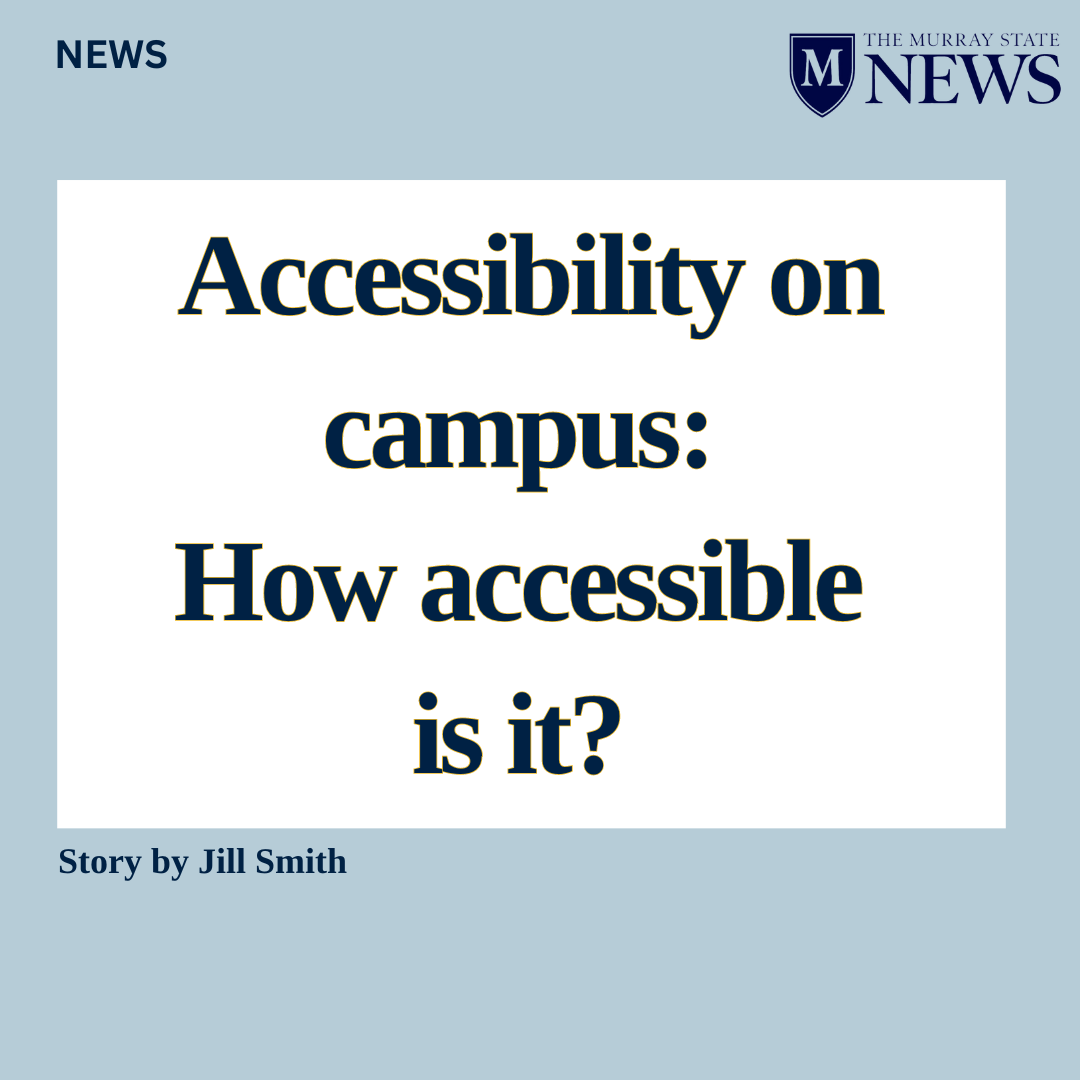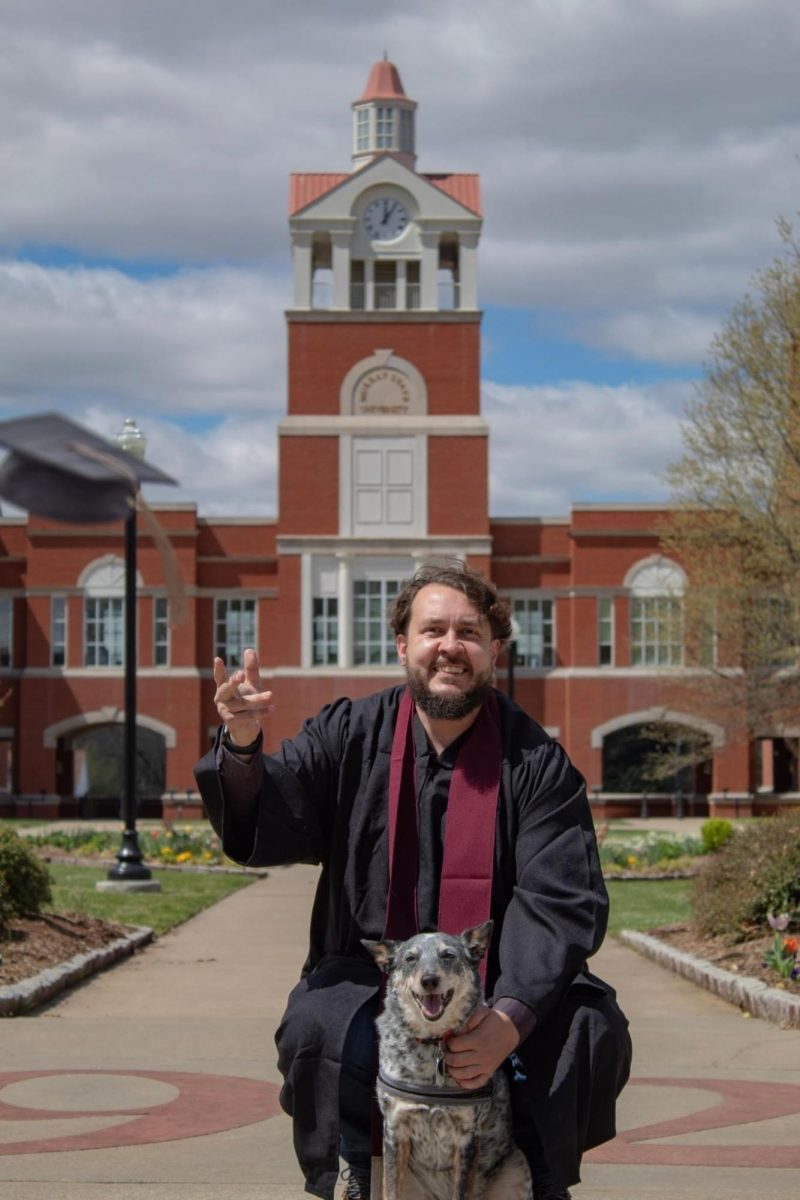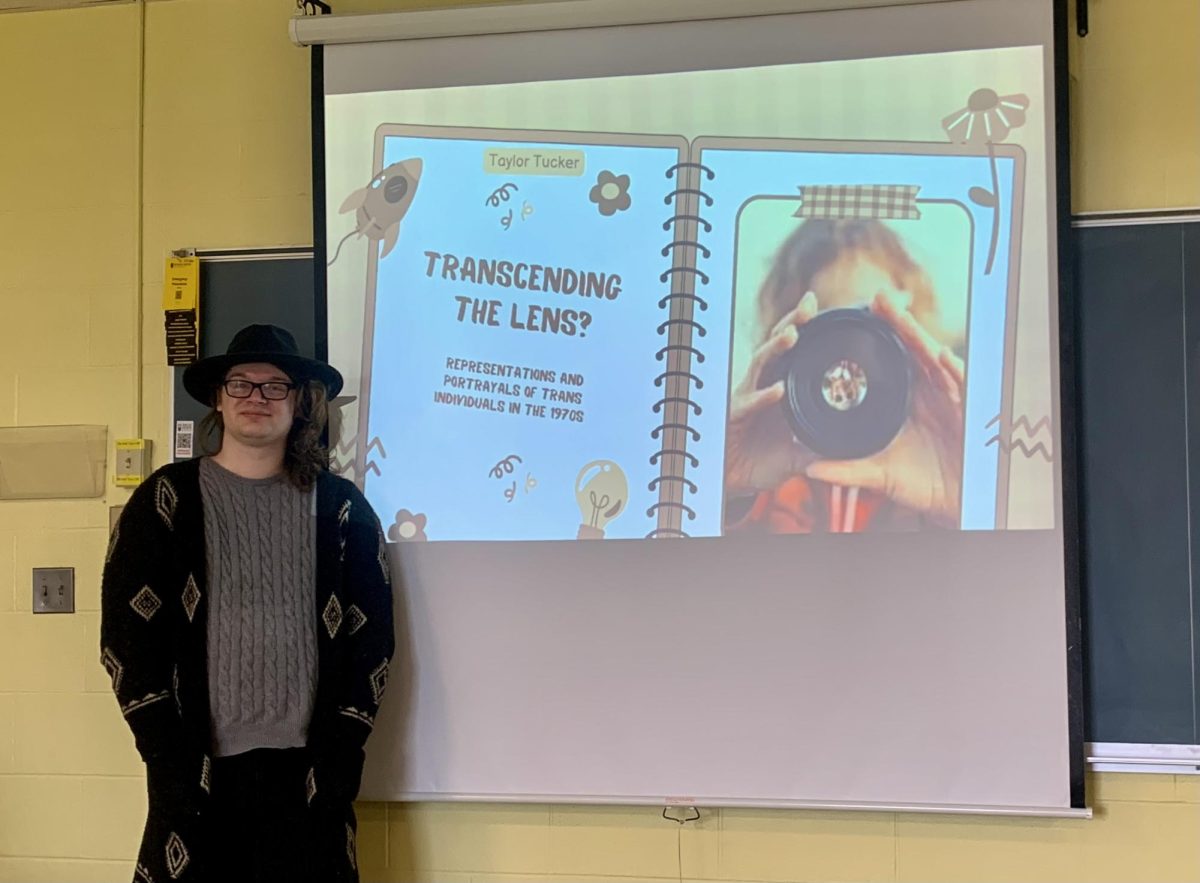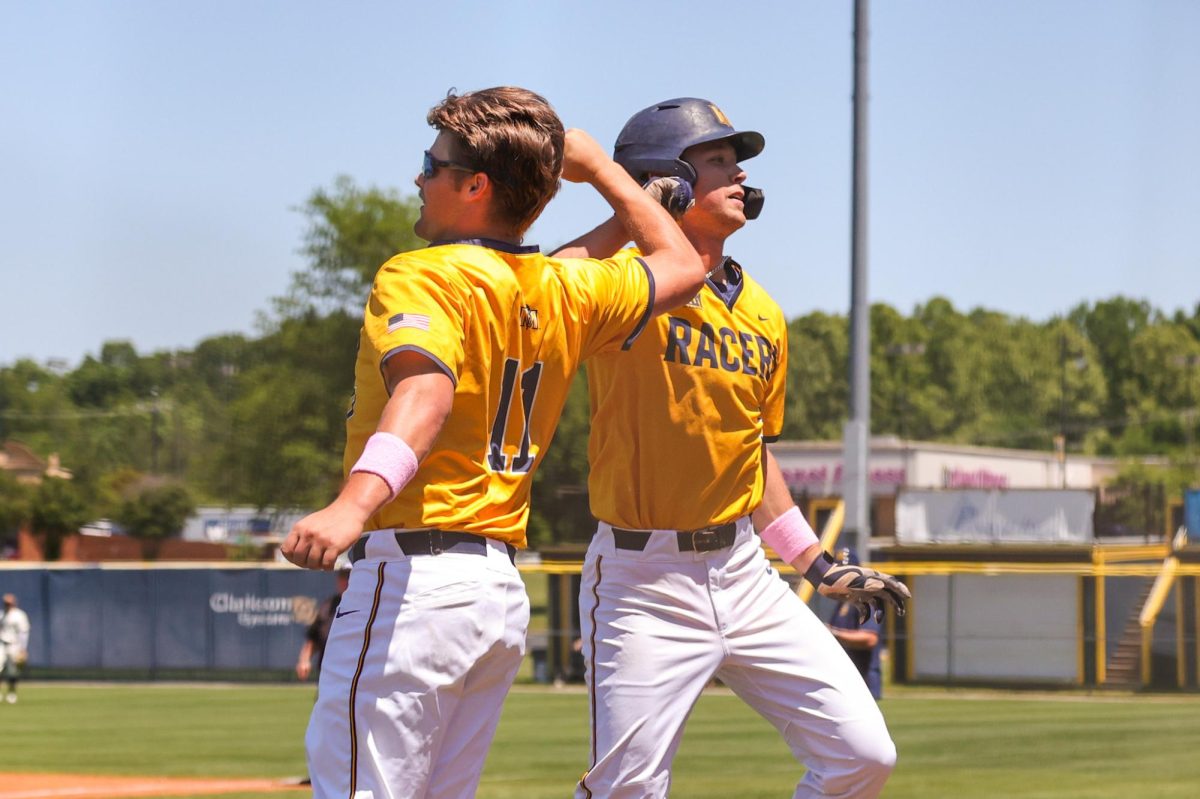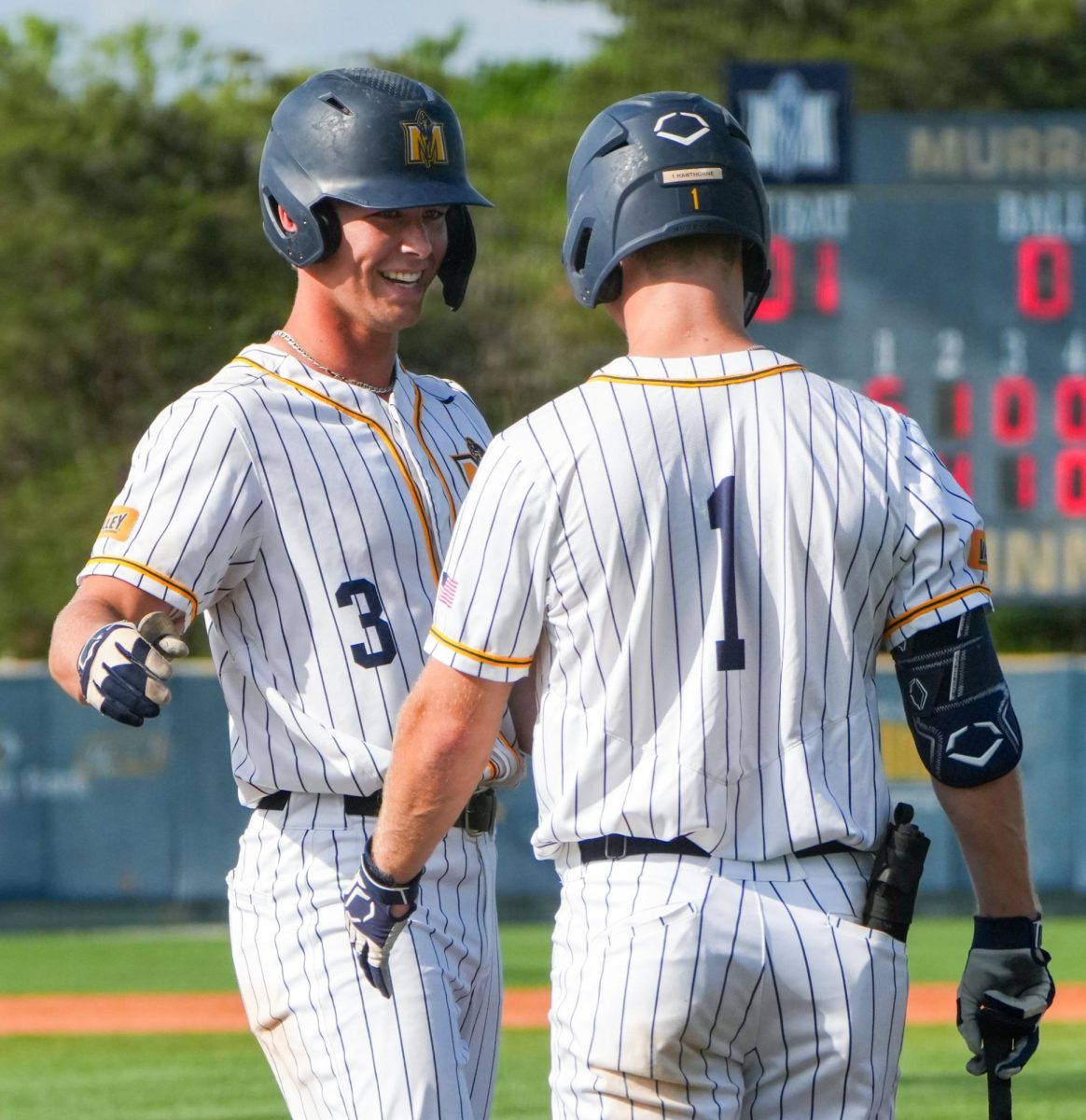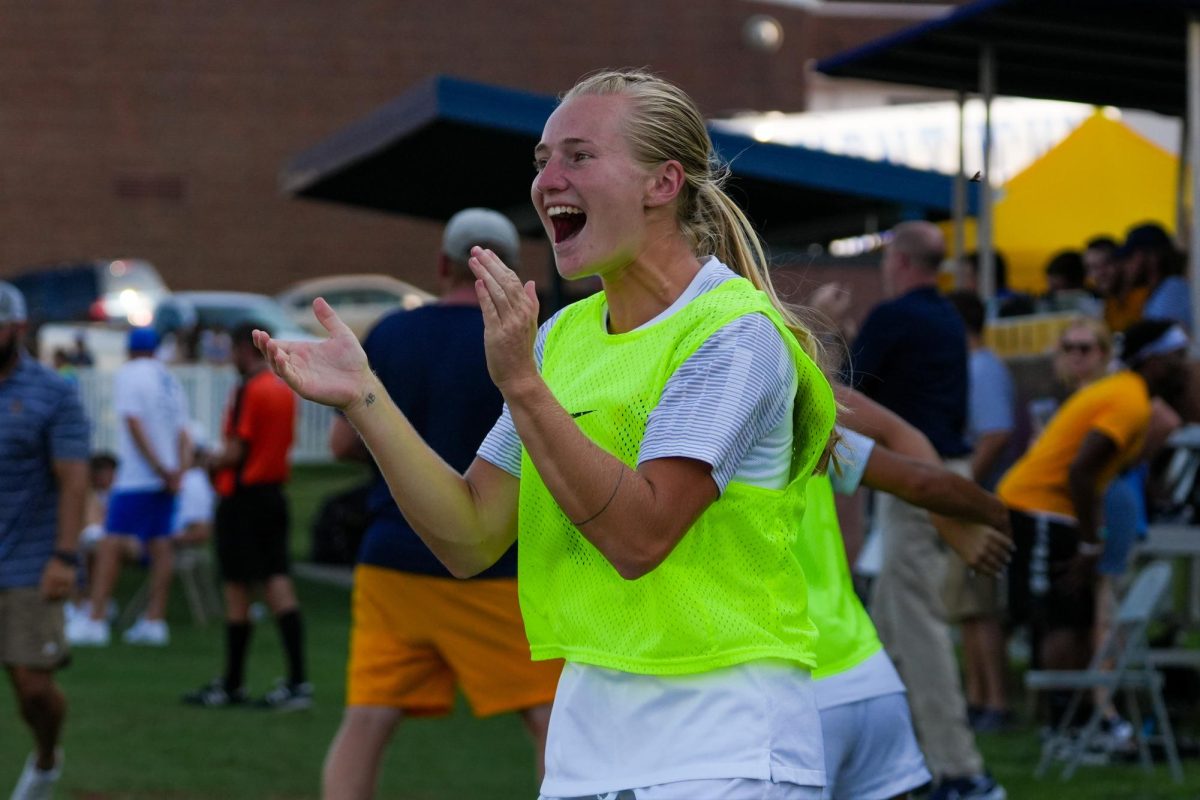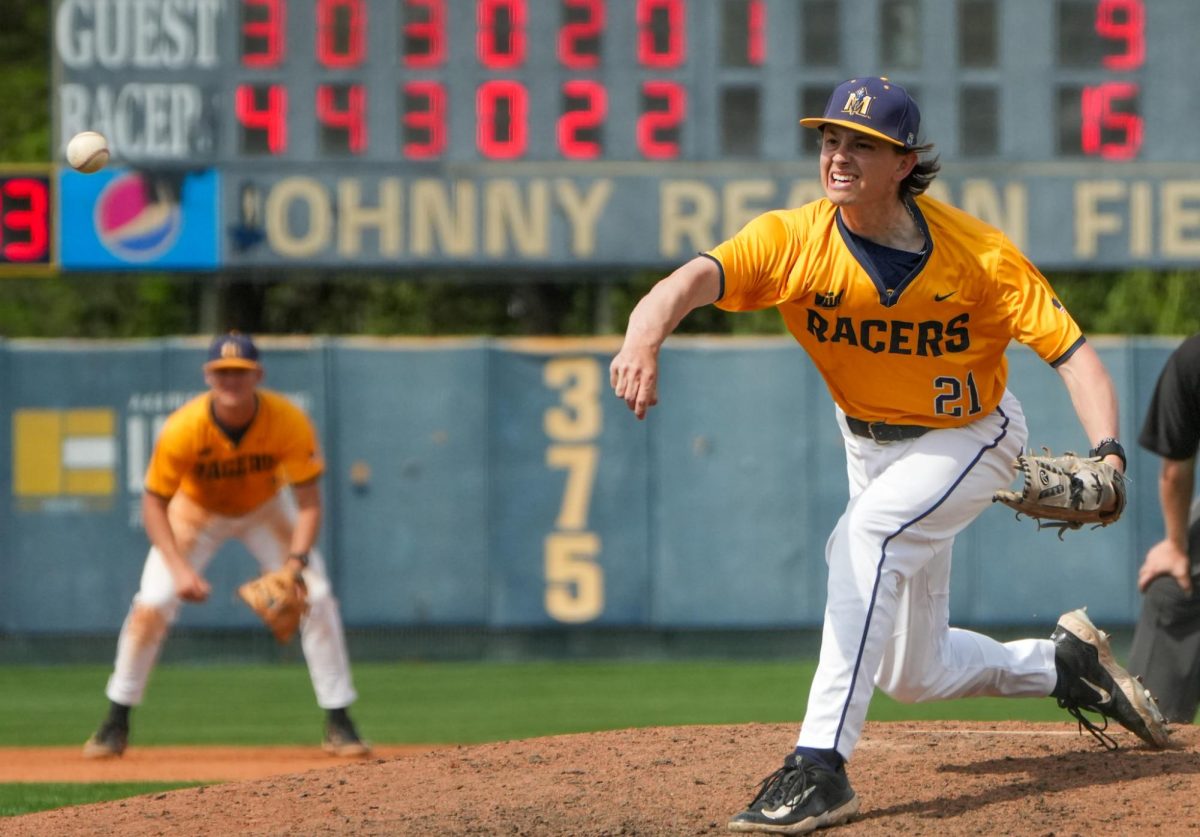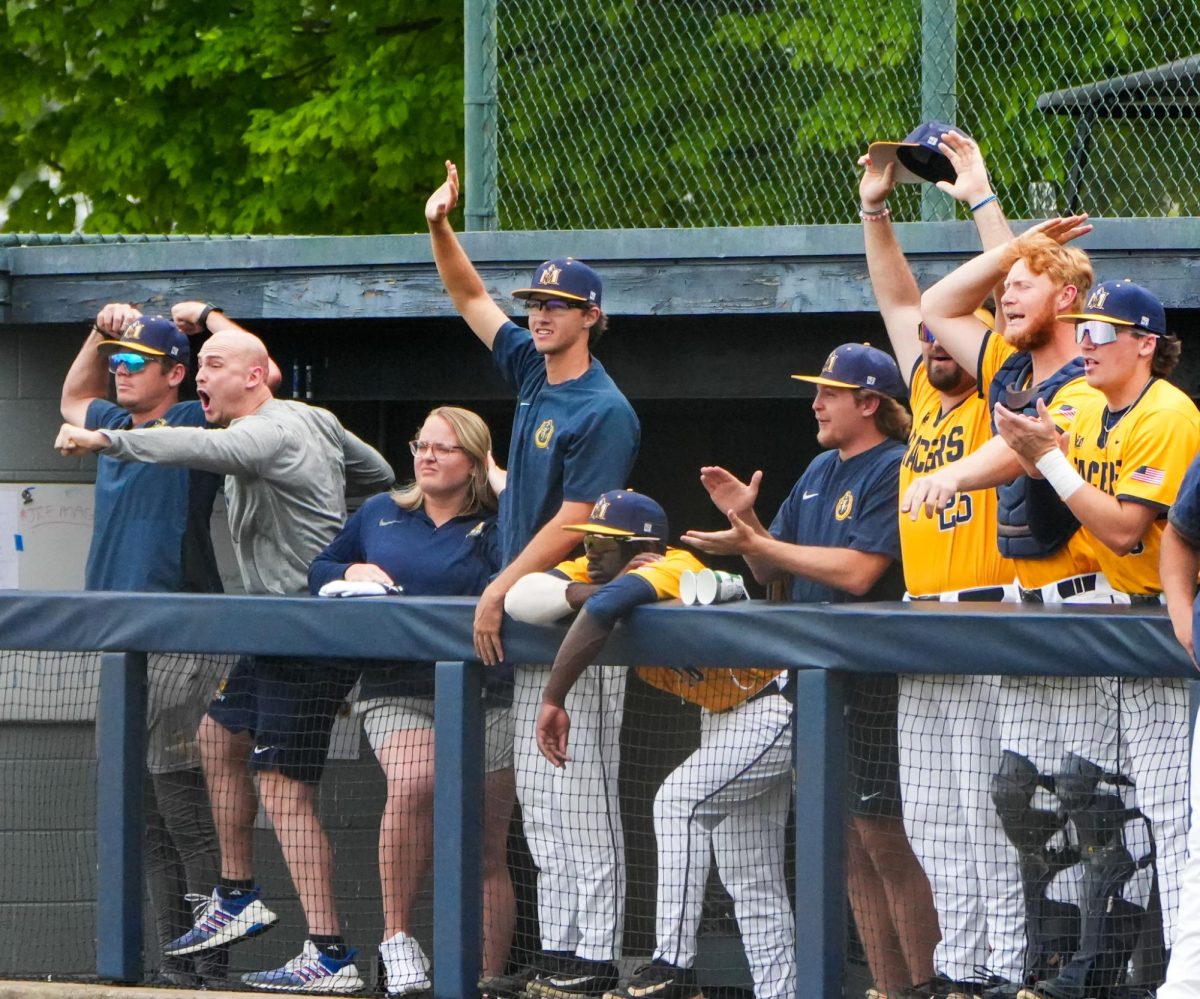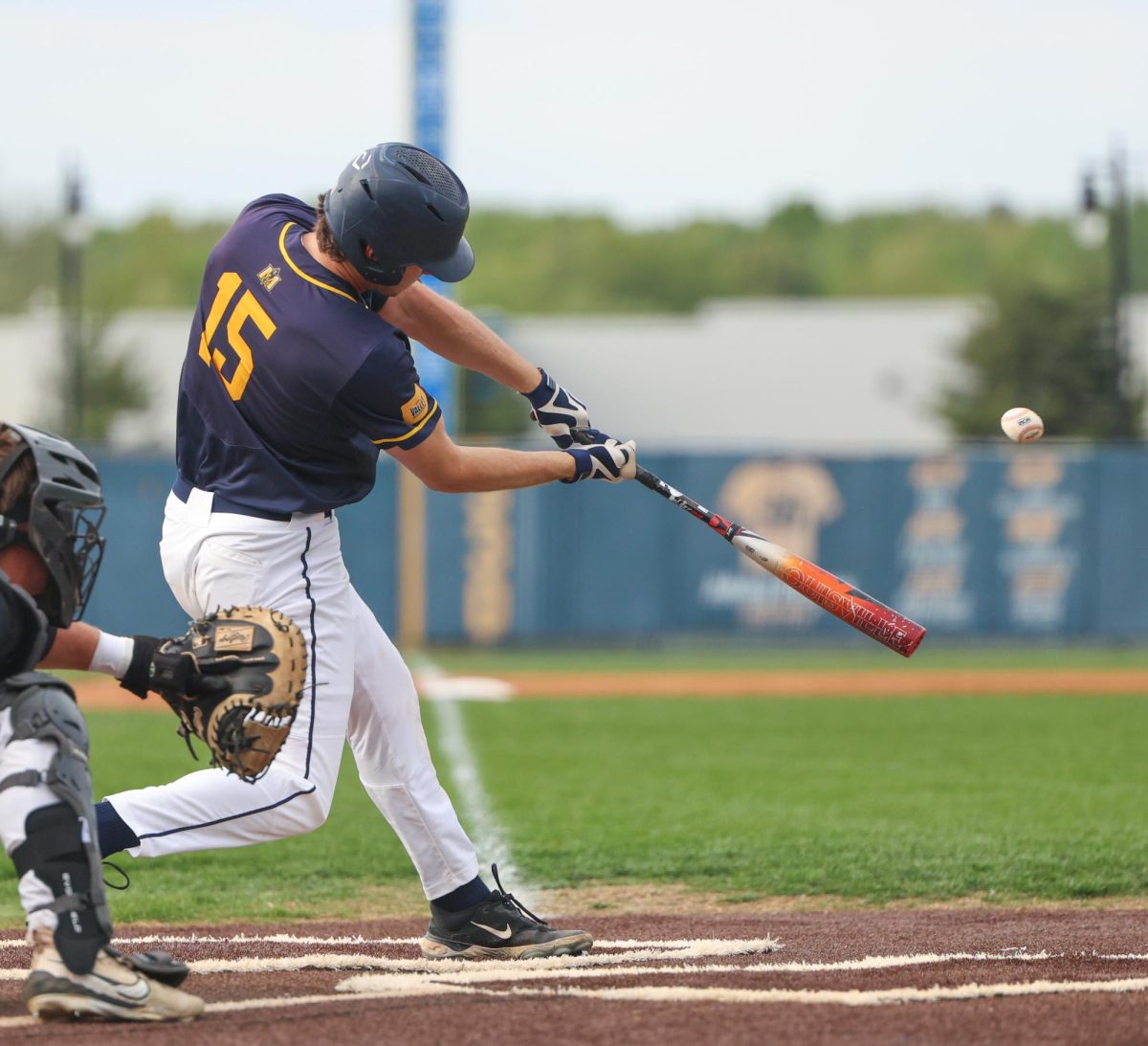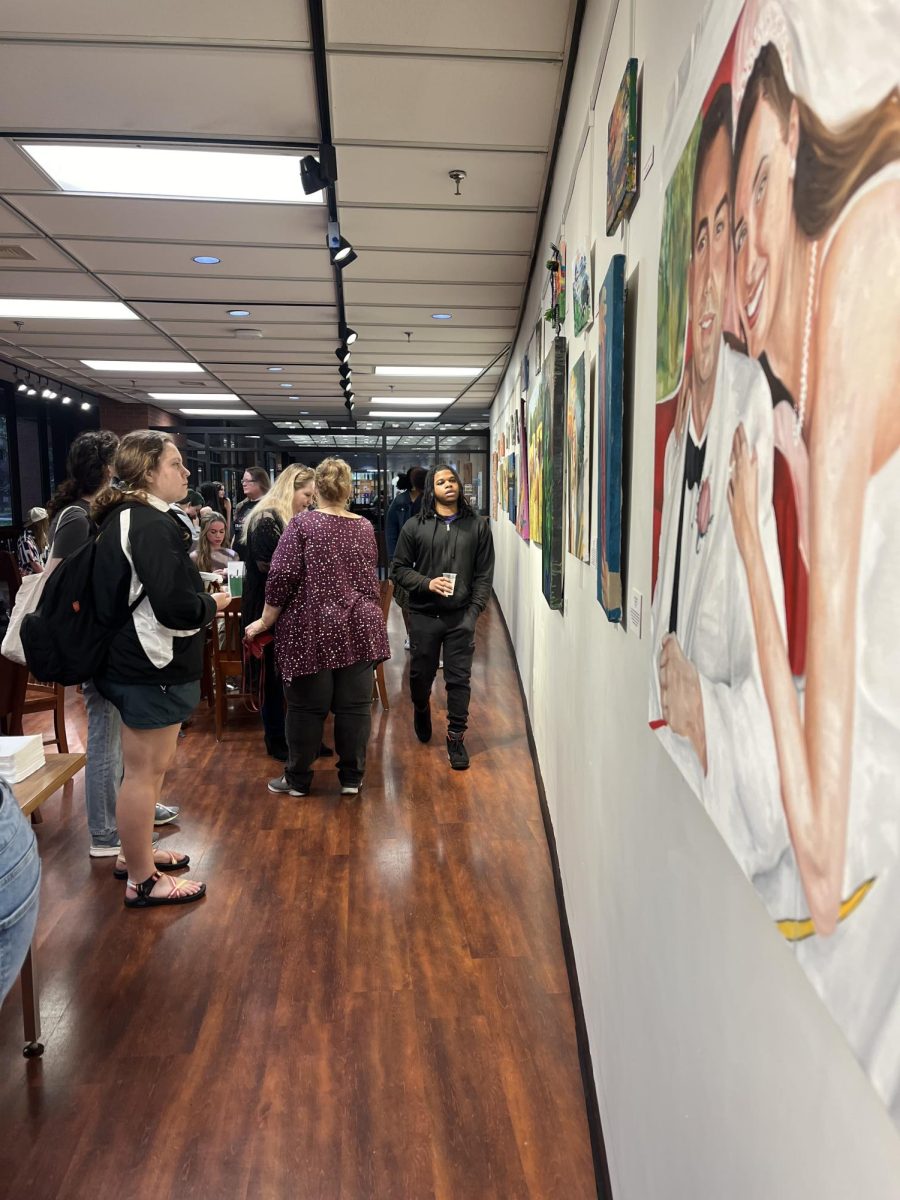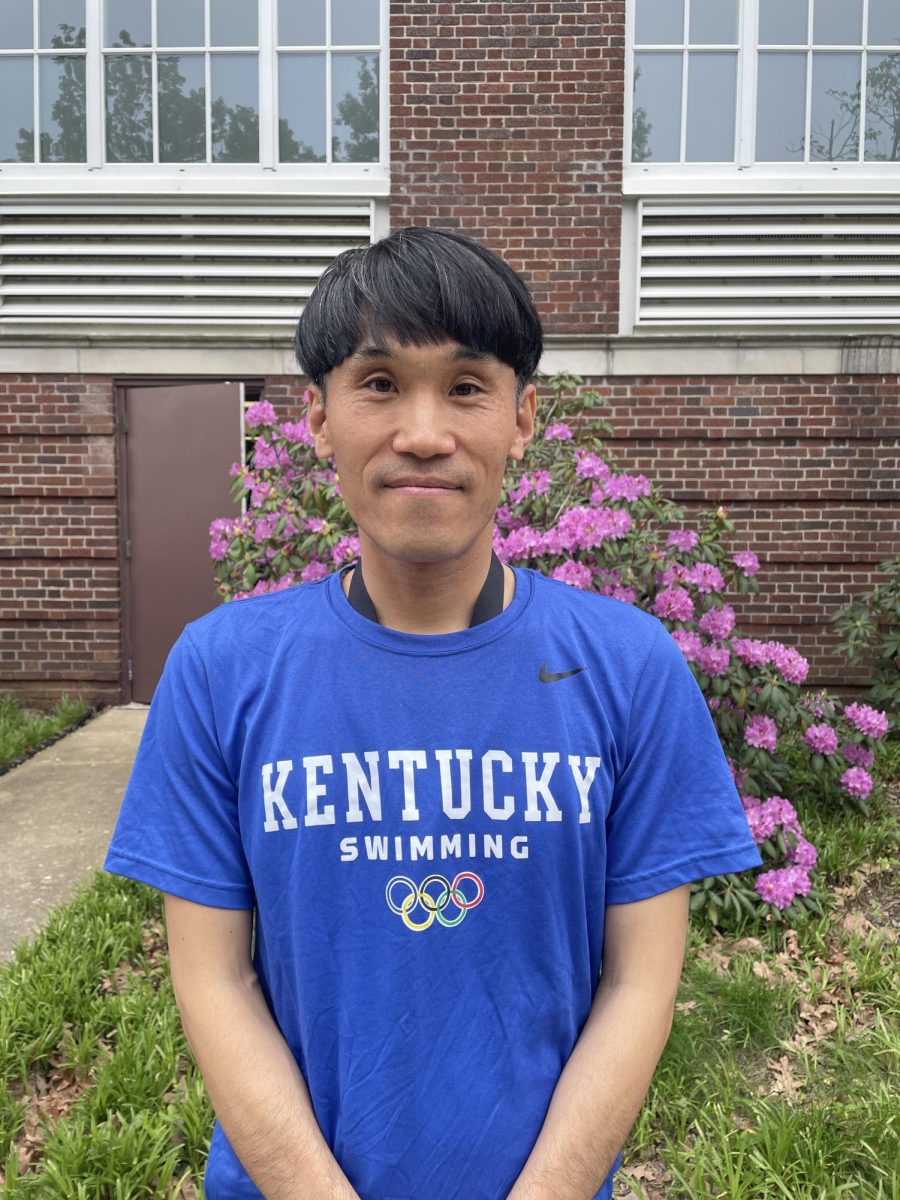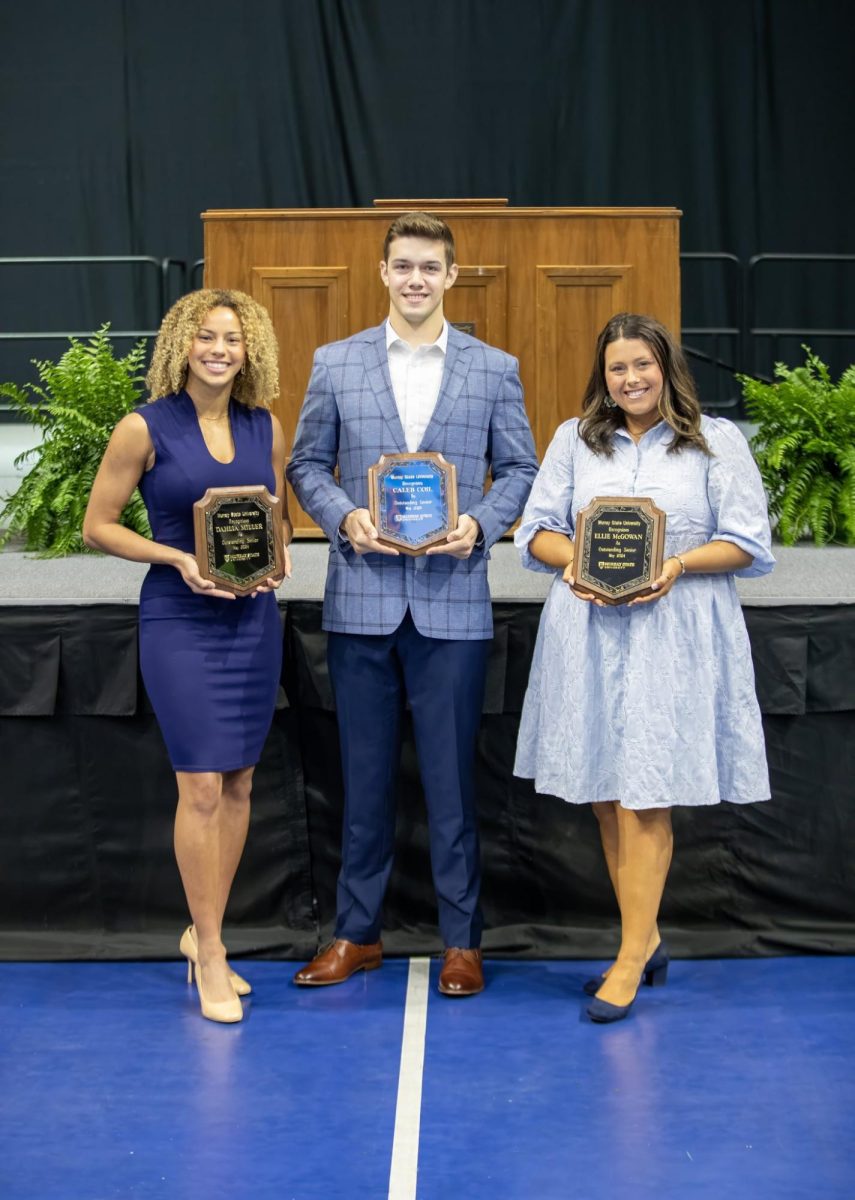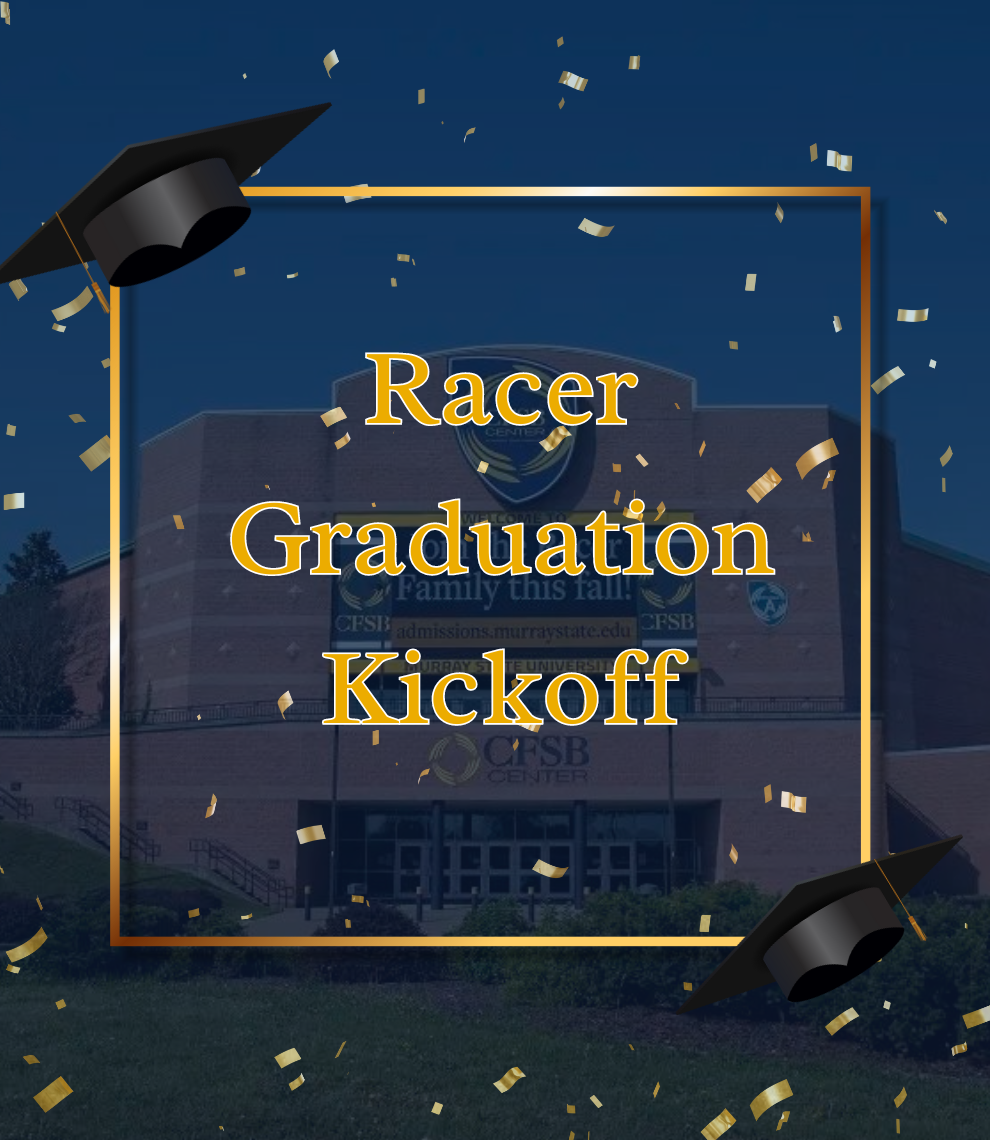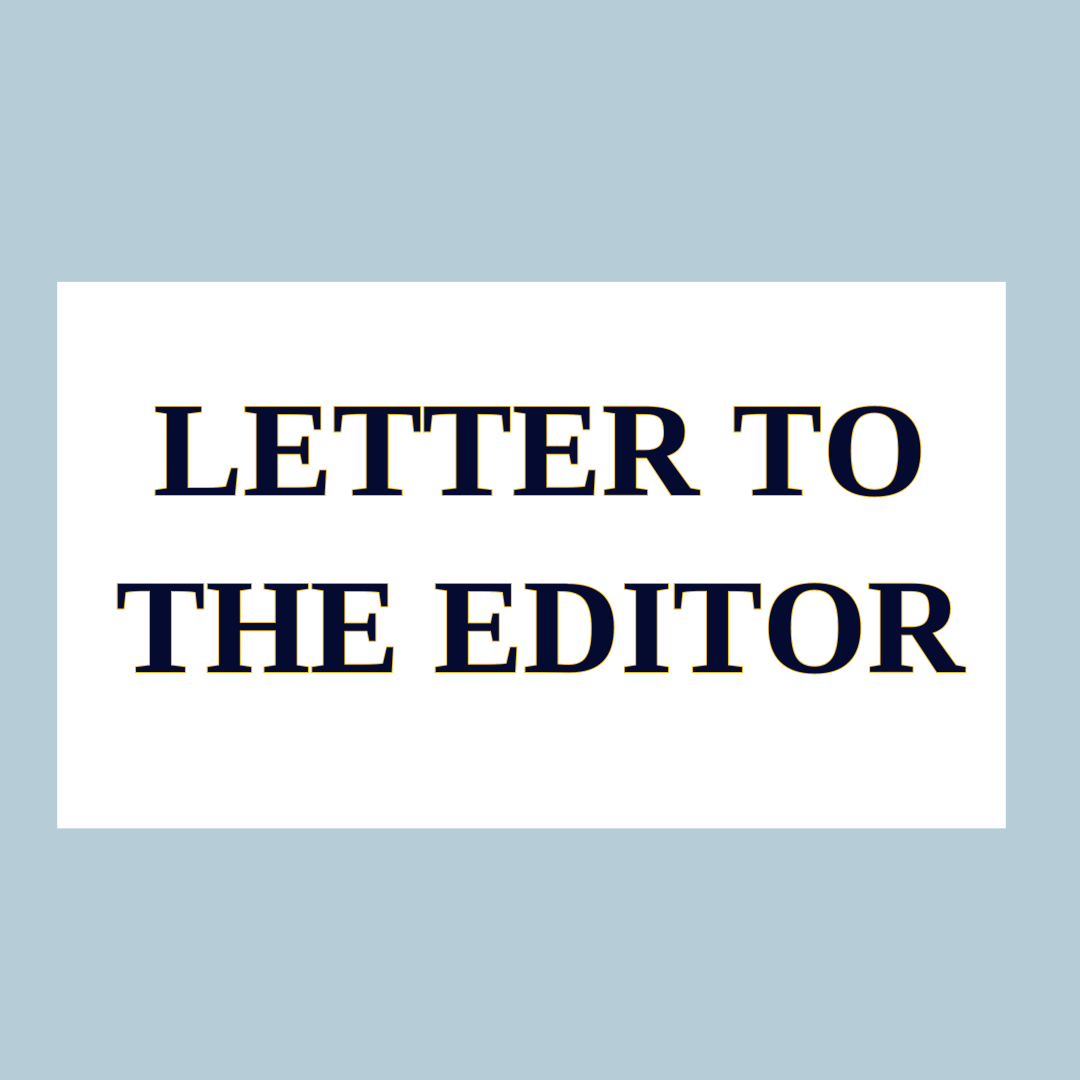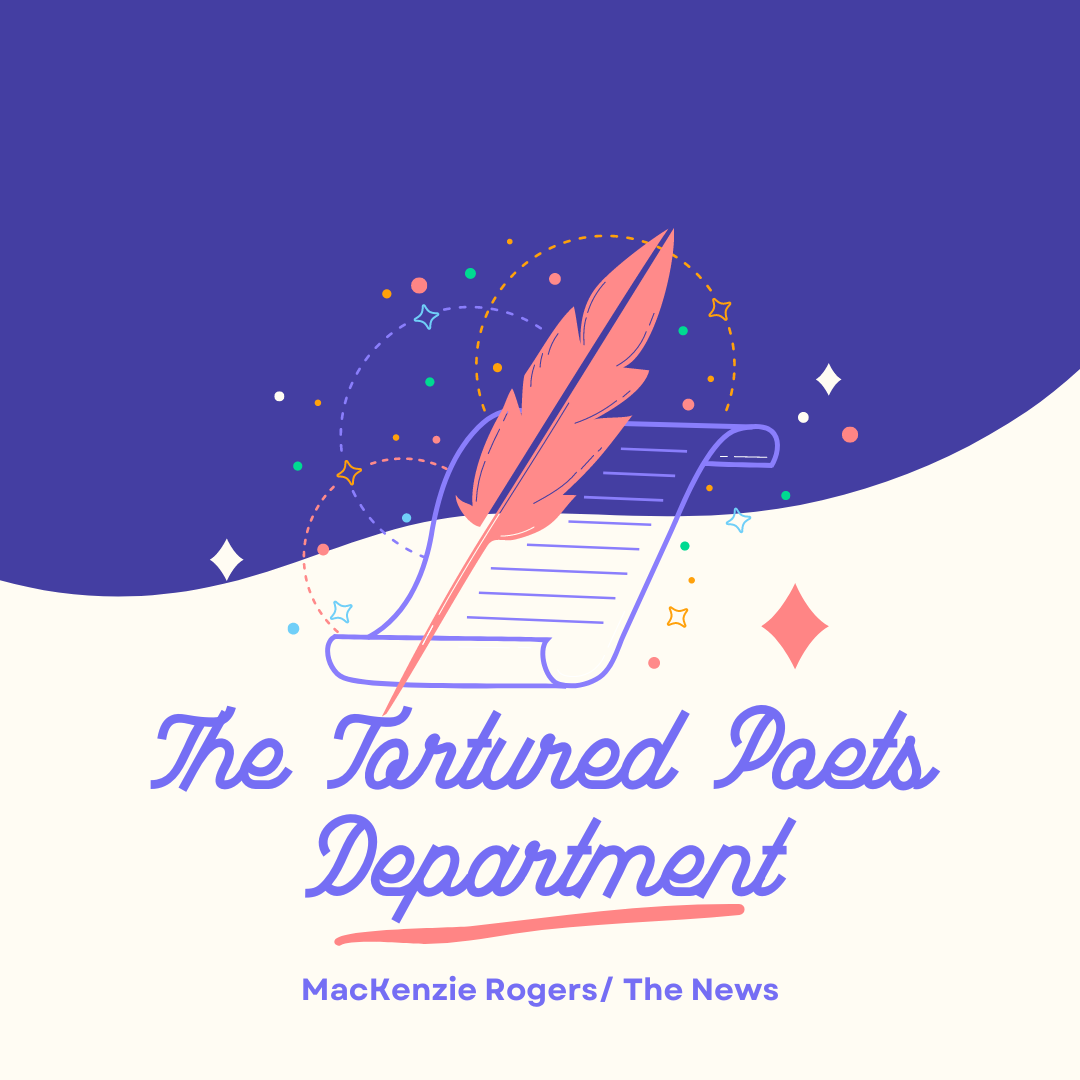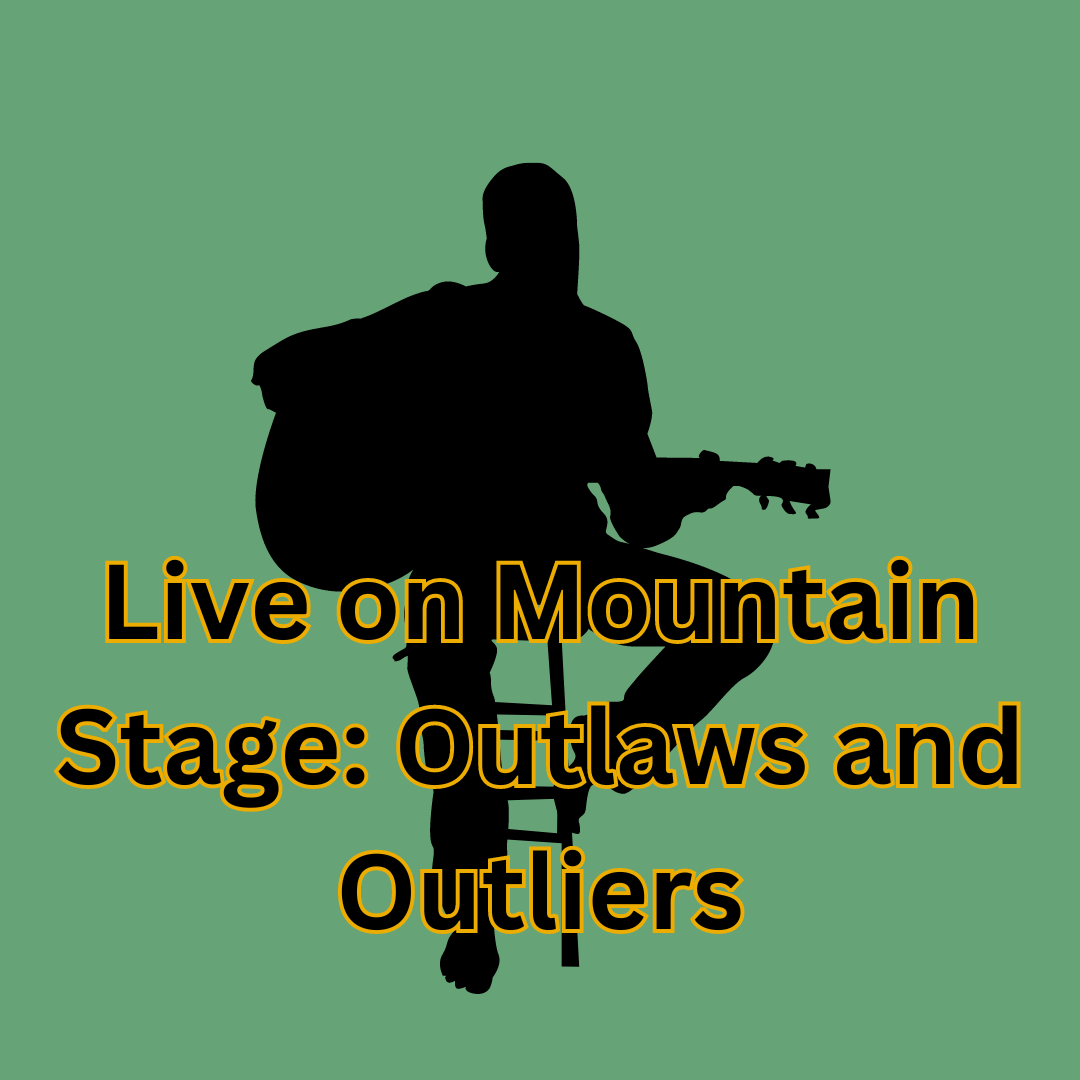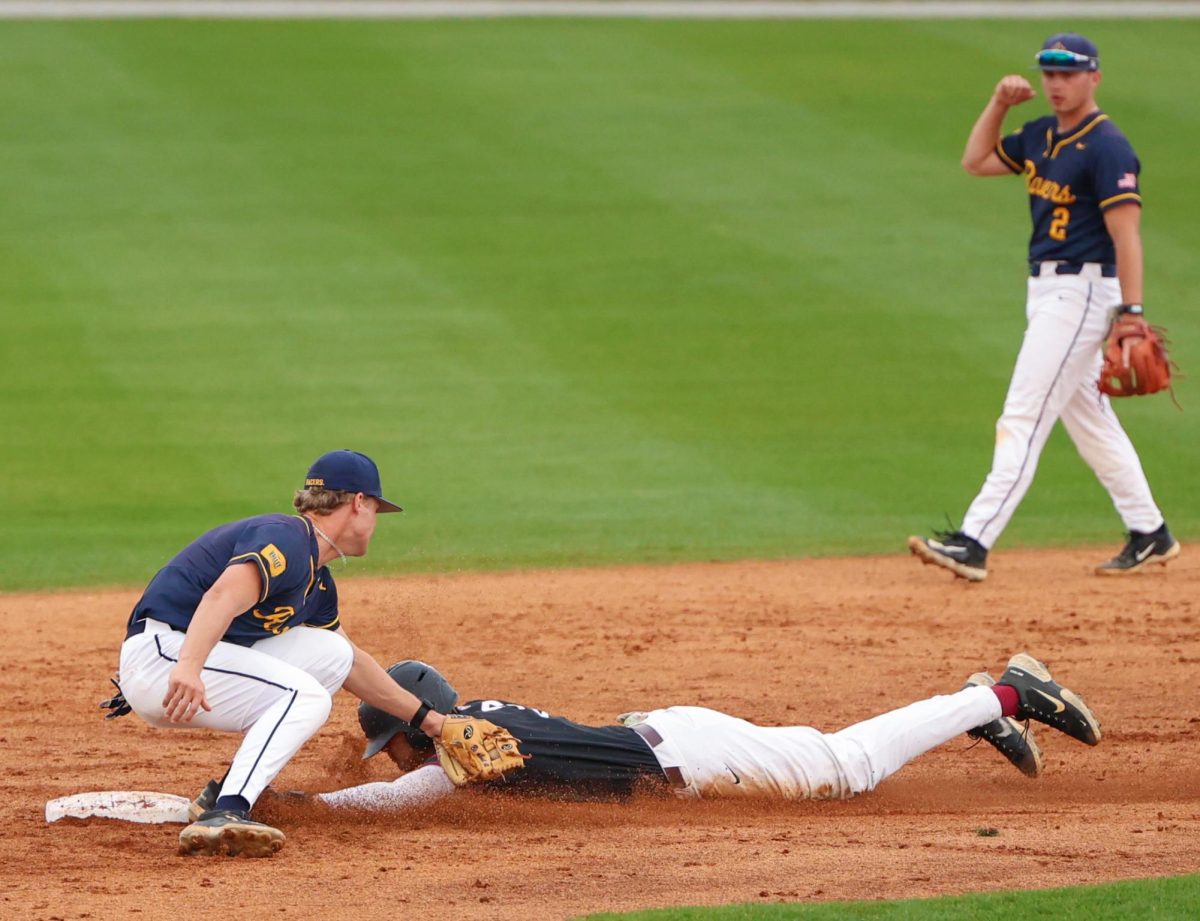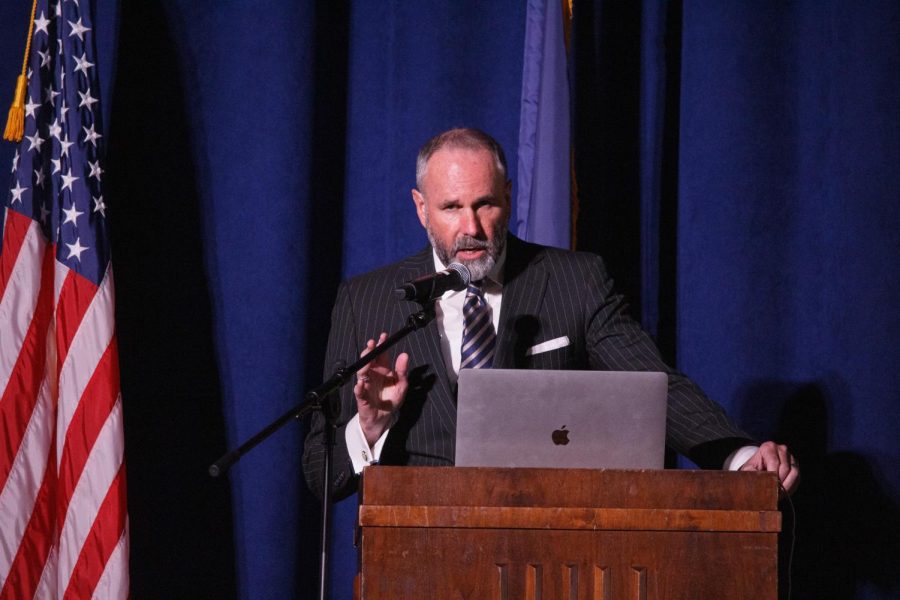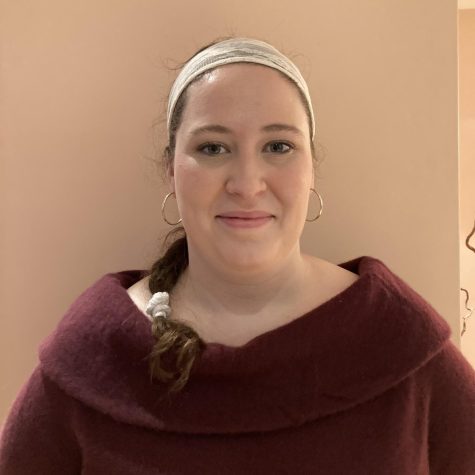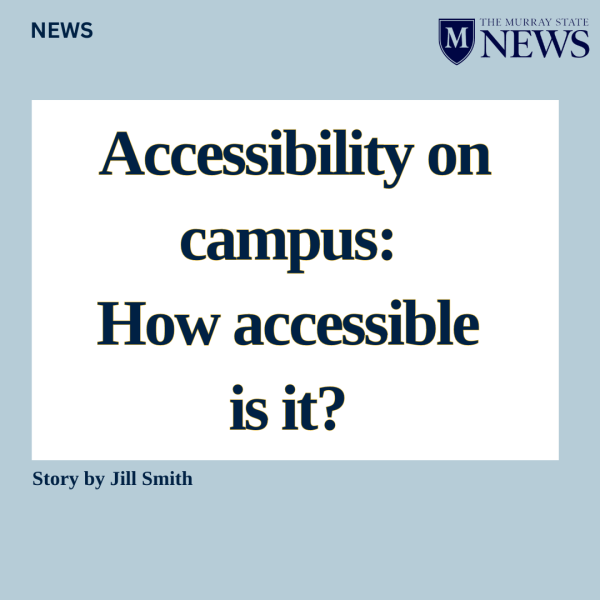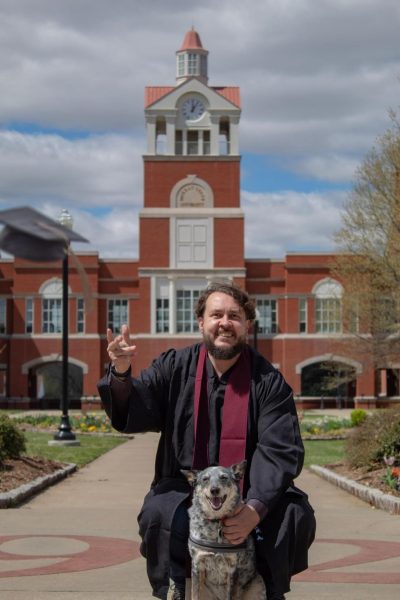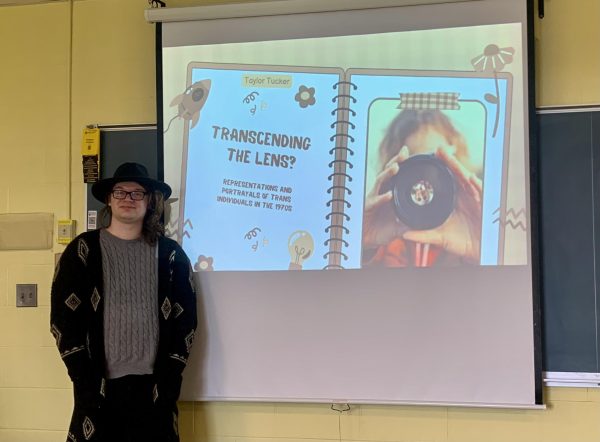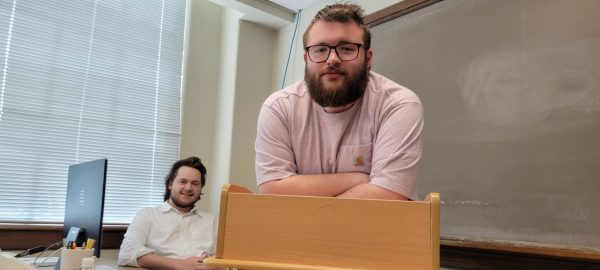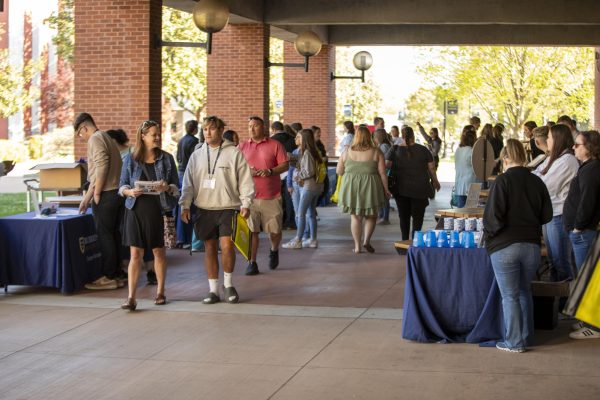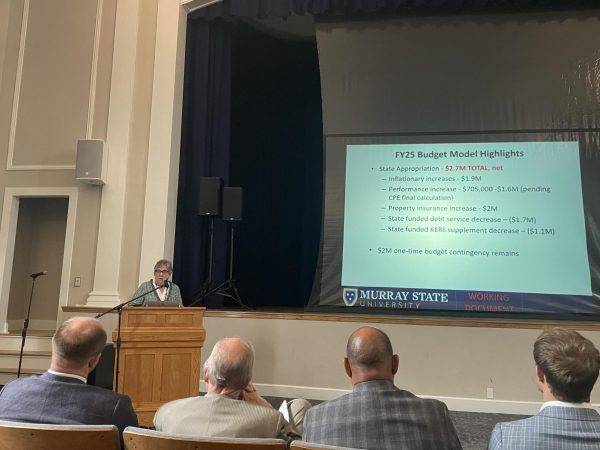‘Work done in secret … needs to be exposed to the sunlight by the press’
Political cartoonist speaks on press freedom, responsbility
Lawyer and political cartoonist Marc Murphy speaks during the inaugural Doc McGaughey lecture (Rebeca Mertins Chiodini/The News).
February 16, 2023
Press responsibility is essential in order for journalism to operate freely, said political cartoonist Marc Murphy at the inaugural Doc McGaughey lecture.
“Journalism done well, in its questions and in its pursuit of facts, can be an accidental act of dissent,” Murphy said.
Murphy works as an attorney but is also a cartoonist for multiple newspapers, including the Courier Journal.
Journalism and newspapers were important to Murphy even as a child, he said, because they helped him feel more connected to the world.
“Growing up in eastern Kentucky where I was, it was easy to feel … like you were out of the main activities that were taking place in the world,” Murphy said.
Murphy said he was both excited and nervous when he was asked to present on press freedom and responsibility for this lecture. He has made presentations on his cartoons and on politics, but he said this lecture is different because it’s such an important topic.
“They’ve invited me here as part of this really important brand new program to give a lecture, and that makes me really, really not want to disappoint anybody,” Murphy said. “It is a big deal. They want to make it a big deal, not for me, but going forward as part of the lecture series.”
Murphy began his lecture talking about the importance of communication.
“To be a great communicator, you have to communicate,” Murphy said. “What I mean is in order not to simply be in a tree falling in the woods that no one hears, you have to communicate in a way it’s published, it’s broadcasted and it’s amplified.”
Throughout the lecture, Murphy spoke about the problems and dangers of hindering the free press. He highlighted the importance of having journalists present to ask questions and report on local governments and municipalities throughout the states.
Murphy quoted Supreme Court Justice Louis Brandeis, who said “sunlight is the best disinfectant,” to emphasize how journalists need to operate in a way that exposes the government to the sunlight.
“Work done in secret, or in the dark corners and hallways of government, needs to be exposed to the sunlight by the press, by journalists, to ensure those affairs are conducted honestly and in the interest of the community,” Murphy said.
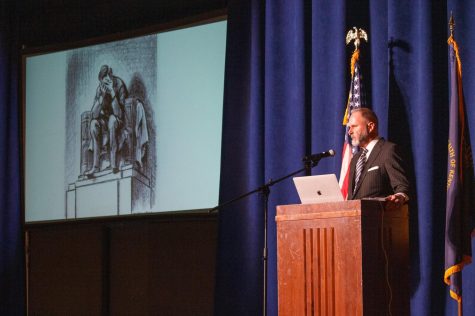
While speaking about the importance of press freedom, Murphy relayed his own first hand experience in Panama where he was stationed as an army lawyer. He says the president at the time was Manuel Noriega, who closed the presses during his time in power.
“The first thing [Noriega] did when things got hot or messy, or when people started asking too many questions … he closed the presses,” Murphy said.
Noriega also arrested some of the journalists working. Murphy described his experience observing this.
“Living there then as I was and not being used to it, I can tell you it was terrifying,” Murphy said. “It was like a total eclipse of the sun. The sky went dark and the birds stopped singing because the ground was taken out from under your feet.”
Murphy said he had never before that time imagined what it would be like if the press was removed.
“Because with no press reporting … there was no one to place limits on the police,” Murphy said. “There was no one to place limits on the judiciary. There was no one to place limits on the president.”
Murphy said sometimes journalism can be uniting and sometimes it can be unintentionally divisive. He pondered whether being divisive was always bad.
“For instance, there really are fascists, and you can’t argue with them because they don’t accept the facts,” Murphy said. “But what’s the option, and how do you avoid being divided? This begs the following question whether there are times when you don’t want to be the uniter, times when being a uniter is exactly what the fascists, the authoritarians, the white supremacist and the common political croaks wants you to be because your uniting, in that circumstance, is a form of acceptance.”
When working in the field of journalism, Murphy said it’s important to be fair because journalism is a record for people to see what has happened.
“I don’t need to remind this audience that the journalists have been called the first draft of history,” Murphy said. “Journalism and journalists have to be supported and have to be protected, but in the end, you protect yourselves.”
Professor Emeritus Robert Valentine, chair of the planning committee for the lecture, said he felt the lecture was a significant success.
“The audience reaction was very gratifying,” Valentine said. “I have heard rarely an academic lecture during which the audience made no noise whatsoever. The comments we have received are very pleasing and helpful, and Mr. Murphy was able to spend time with student groups who have a particular interest in the subject. Time well spent by everyone involved.”
Valentine said he was impressed with Murphy’s familiarity with McGaughey and the Murray State campus.
“It was also fascinating to see how the cartoonist, who could be fired any day for crossing a line that is invisible to the eye, copes with the kind of passion needed to create an effective message and the political realities of popular media,” Valentine said. “I thought I knew something about editorializing, but I learned a great deal from his unique perspective.”
Valentine said the journalism and mass communications faculty hope to see this topic revisited at future McGaughey lectures.
“It’s the kind of subject that evolves over time but never loses its importance or relevance,” Valentine said.


